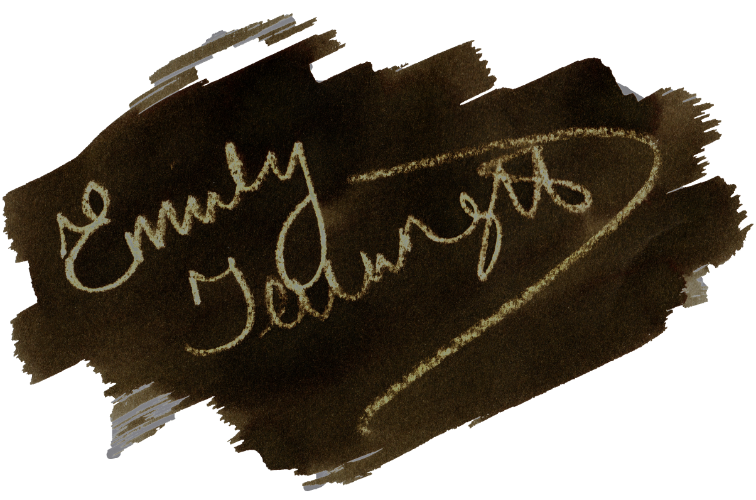
Ghost Train will officially be published today – and will be on its way to those of you who have pre-orders – just fifteen months after I began writing it. I’m excited that it is finally on offer to readers everywhere, because all those who read it as part of the production process found it to be enjoyable and entertaining, and I’m sure that most of you will too. So I thought I’d say a word about ‘enjoyable and entertaining’ fiction.
J B Priestley, whom most in the UK will know as the author of the school examination set text An Inspector Calls, was a great defender of ‘middlebrow’ literature – he liked to call it ‘broadbrow’ – which in the twentieth century was seen as the intermediary between the ‘highbrow’ or intellectual works and the ‘lowbrow’ popular culture; it was a period of staggeringly vicious literary and social snobbery. I hope such nonsense is no more. A thing can, of course, only be judged as what it is: a circus clown may be good or bad depending on how successful he is at clowning, but whether he is practising a more valuable art-form than an actor giving his Hamlet is entirely a matter of personal taste and perspective.
If we are no longer victims of judgemental social and literary theories, today authors are swaddled by categorisation. In order to promote our books to the world, we have to put predefined labels on them and liken them to the works of other authors. This is sensible and necessary up to a point – shops and platforms need to know where to shelve our work, and readers need to be able to find books that they want to read – but like all rigid systems, it can be restrictive; Ghost Train is officially ‘Contemporary Fantasy Fiction’, which has made perfect sense to some readers and astonished others. If you write a novel that does not really belong to one of the existing categories, you are stuck with ‘General Fiction’, and that will be the last anyone sees of that book, as no one types those two words into a search bar.
And there does seem to me to be a great gaping hole in the middle ground of fiction categorisation, just where the books that Priestley described would be. Spread around the outer ring on one side are the ‘cosy’, romantic and trivial and on the other the tragic, terrible, dark, horrific and ‘literary’. These are all valuable and popular types of book across various genres – crime, fantasy etc. – and of course there is often some cross-over; but where are the books that have a little of all those things, what we might describe as the texture of life if we are lucky enough not be living in some traumatic, desperate situation? I’m sure they’re there, but it’s hard to find them because they don’t have a label; it’s time we found a name for them, one without the hierarchical implications of ‘middlebrow’.
So, you will see Ghost Train quite righty categorised as ‘Contemporary Fantasy Fiction’, and ‘Literary Fiction’; in some classifications it may also be under ‘Magical Realism’, ‘Contemporary British Fiction’, ‘Small Town Fiction’, ‘Traditional British Mystery’ and a few others that I can’t remember without looking them up. It is a well-written book with a supernatural element; it is also a mystery – sometimes thrilling, sometimes funny – set in an unfashionable region of England and steeped in recent history that encompasses conundrums about home, work, relationships, how to organise one’s books and what to have for dinner.
Just like life really.
(There is more to J B Priestley than An Inspector Calls. If you are interested in discovering some of his other works, I recommend Lost Empires, Bright Day, The Other Place and this terrific BBC Radio Collection.)
